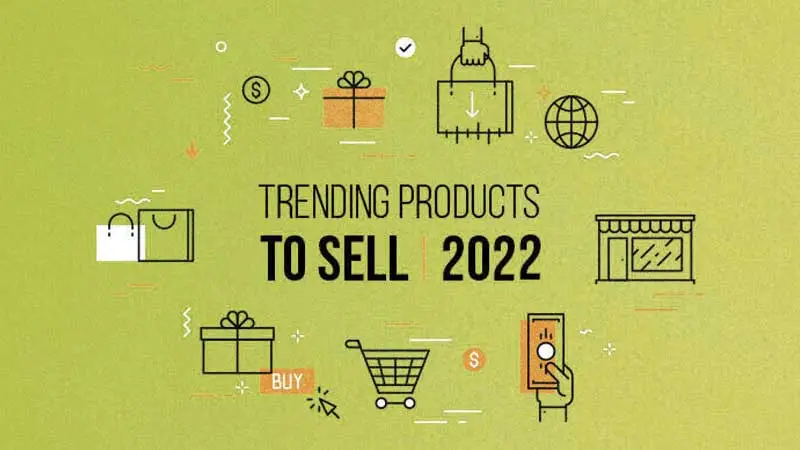7 Tips for Safe and Enjoyable Online Shopping
Online shopping is convenient. You can shop anytime from anywhere. You don’t have to walk from one physical store to another. You can easily find what you want by searching on web browsers or various online stores. Furthermore, it gives you access to a variety of deals.
Not only can you purchase online, but you can also get loans online; therefore, if you find yourself in need of some financial support, you can apply for a GreendayOnline loan.
On the downside, online shopping may pose the risk of fraud, identity, and banking information theft, and false advertising. These simple shopping tips can help prevent unpleasant experiences and ensure you are safe when ordering online.
Shop on Reputable Online Stores Only
How do you know that you can trust the shopping site? A good idea would be to check reviews of prospective stores. If you browse the Internet for online reviews on websites like PissedConsumer.com, you might find that consumers are willing to talk about their experiences with brands. Statistics show that 90% of shoppers read reviews before buying. You’ll see that review platforms get millions of visitors each month.
Consumer reviews are worth considering as they can help you make better purchase decisions regarding product quality, delivery timelines, returns and cancellation policies, and customer service. Go for 3.8 and above star ratings to get a better online shopping experience. When you see 3-stars and below, take it as a red flag.
Carefully Read Through Return and Cancellation Policies
Before adding any items to your cart, go to the “policies” page. Check if the company has favorable returns and cancellation policies. Since you cannot touch and try out items to ascertain that they are a good fit, you want to be able to return them for a refund or exchange in case you are dissatisfied or if the wrong item is delivered.
Shop From a Secure Location
No one wants to risk with their private information. As technology advances, hackers and scammers continue to advance their techniques to access your financial information and passwords. Information transmitted through public connections is more easily accessible to these cybercriminals.
As such, avoid using public wi-fi and networks on malls, stores, coffee shops, restaurants, and airports to shop online. When using private and secure networks, ensure that your computer’s malware detector is up to date.
Don Not Be Lured by Offers That Seem Too Good to Be True
When browsing online, you may come across such offers, or they may be sent directly to your email or social media inbox. Do not open any sales offer emails from unknown sources. Again, they may contain malware that would put your personal details at risk.
Be suspicious of unusually low prices. It may be a bait and switch scam. Or, if the items are sent, they may be of low quality or damaged. Also, don’t forget to check the shipping terms to ensure that the shipping costs are not too hefty for seemingly cheap products.
Use Strong Passwords When Signing up on an Online Store
Identity theft and fraudulent activity are quite common in online stores. Always use a strong password that makes it difficult for scammers and hackers to guess.
Only Shop on Secure Websites
Before entering your personal and financial information in any online store, ensure that it is hosted securely. Check the URL link to ascertain that the request-transfer protocol is secure. The URL prefix should be “https” and not “http”.
Do Not Use Your Debit Card to Pay
Instead, use a credit card or PayPal. They offer better security protection than debit cards. For instance, if your information is stolen, most credit cards allow only up to $50 unauthorized charges. And, you can quickly close a credit card if you notice any fraudulent activity. Furthermore, PayPal and credit card payments can be easily reversed.
Conclusion
When shopping online, stay vigilant about your cybersecurity. Only shop on secure websites through secure internet connections. Determine the credibility of prospective online stores by checking their terms and policies and other customers’ feedback. Avoid deals that seem too good to be true because they are probably too good to be true.
Tips for Promoting Your Fitness Business Online
Blossoming Horizons: The Intersection of Flowers and Technology
Boosting Your E-commerce Performance with Managed Hosting
Why WordPress Payment Plugins are Vital for Successful…
How APIs Can Benefit an Ecommerce Business
Top 4 Technology Trends for eCommerce This 2023
What are Potentiometer Knobs, Their Uses, and Where…
The Best Methods for Enhancing your Ecommerce Blog
5 Reasons Why Fresh Food Delivery Boxes Can…
20 Trending Ecommerce Products to Sell Online in…
The market is Booming & Your B2C Ecommerce…
Best Platforms for Building Marketplace












